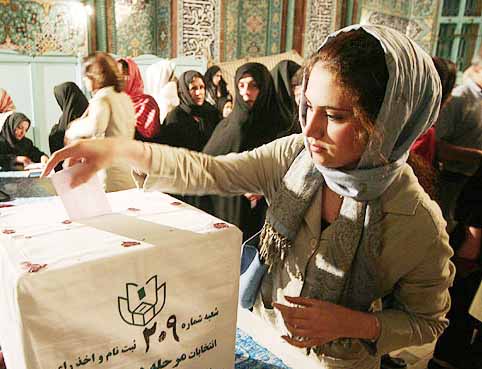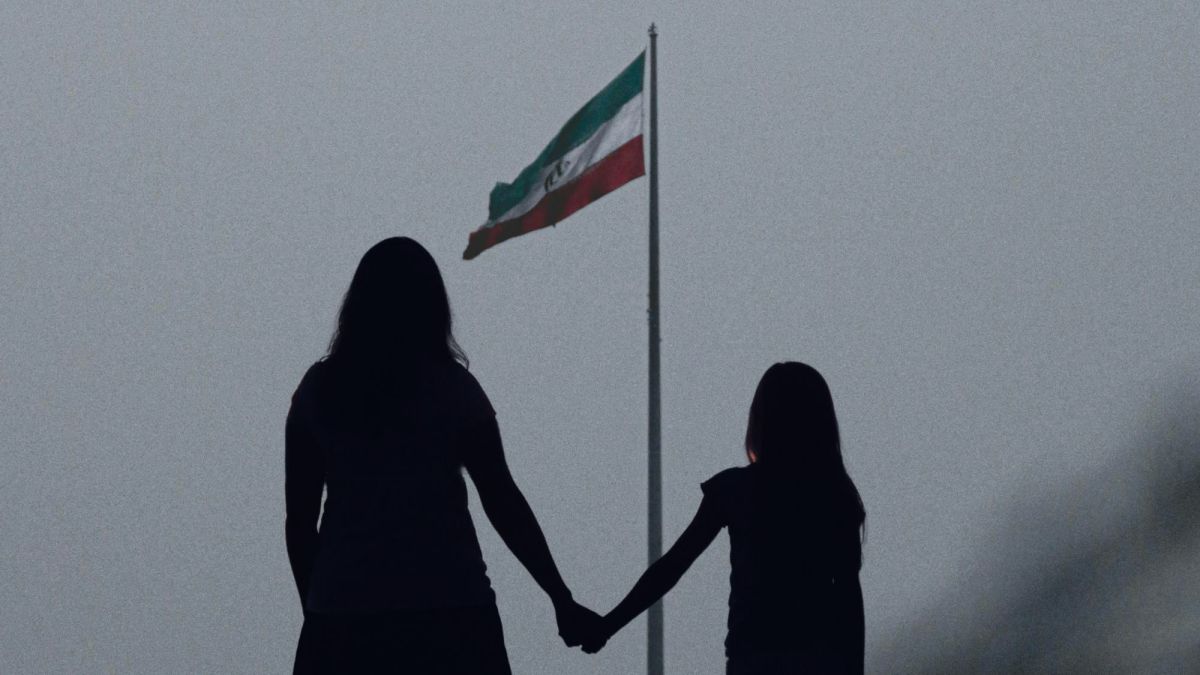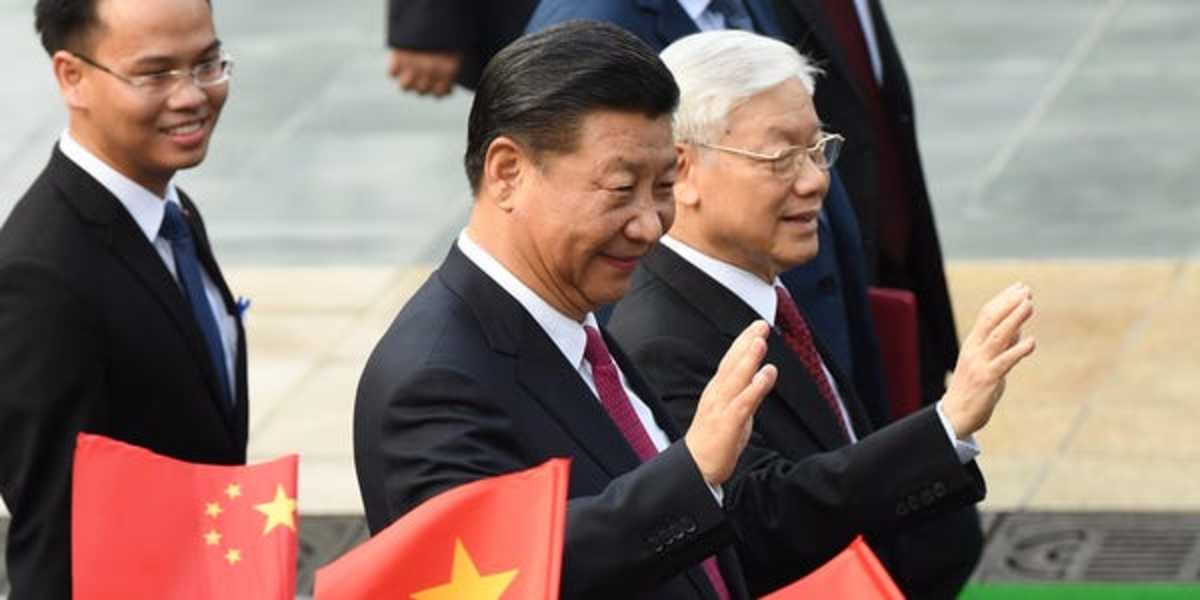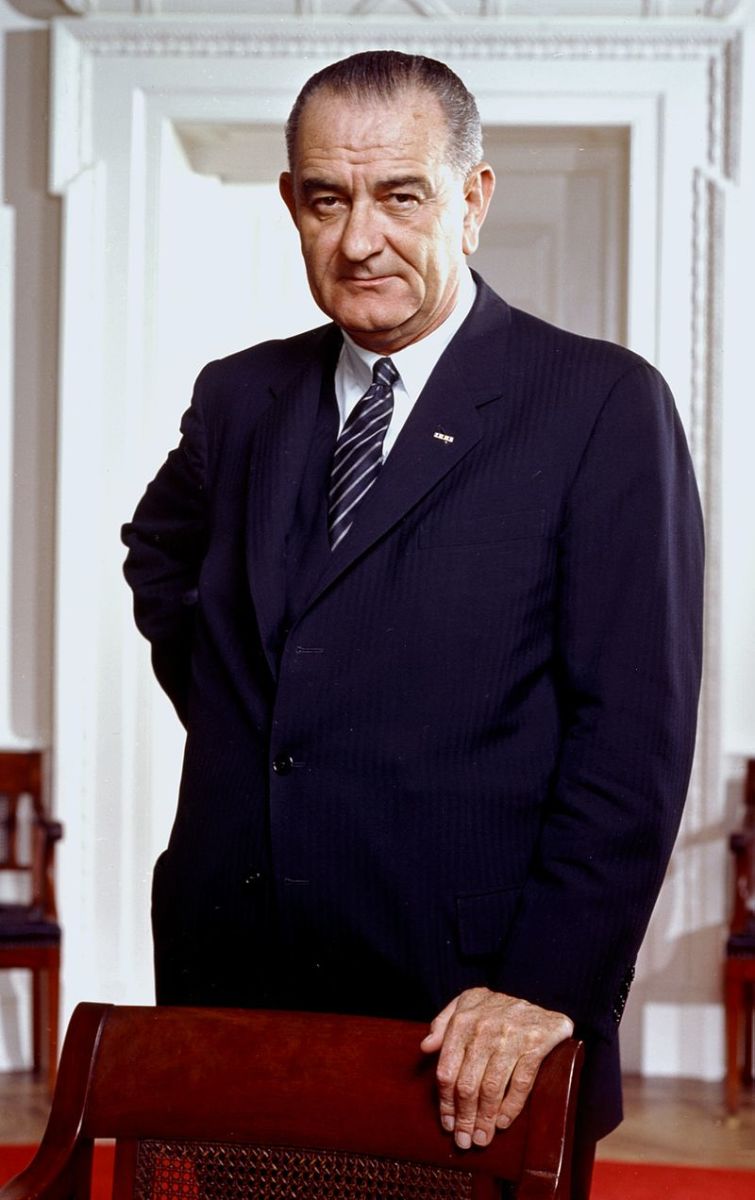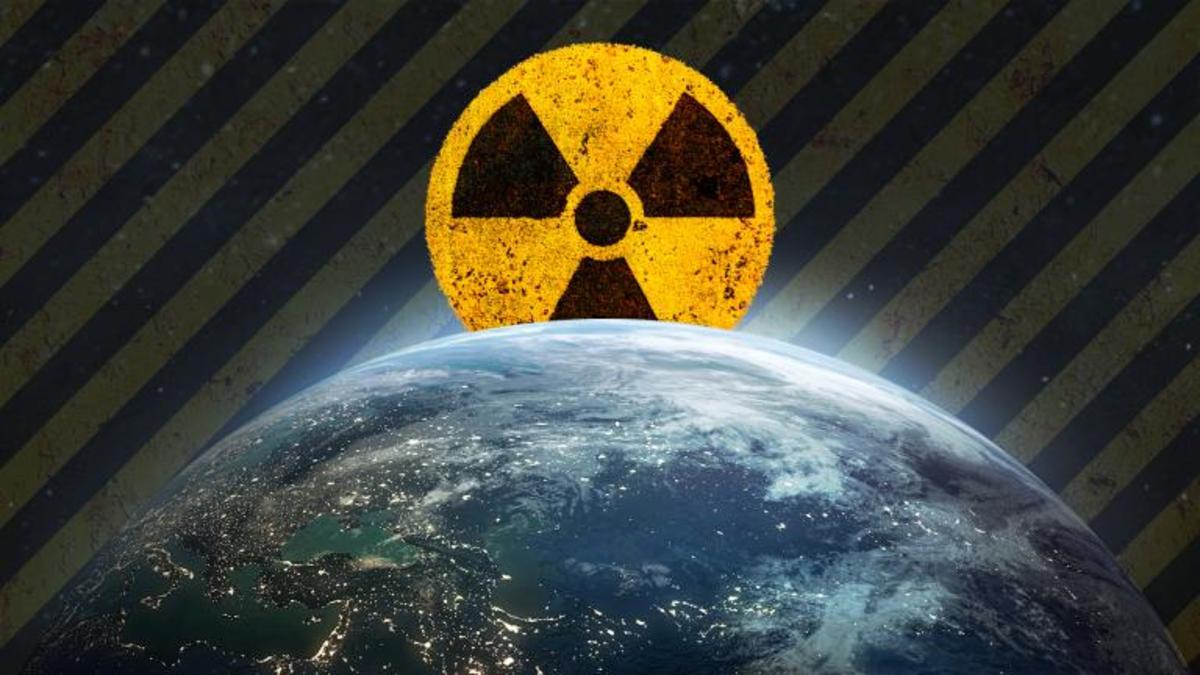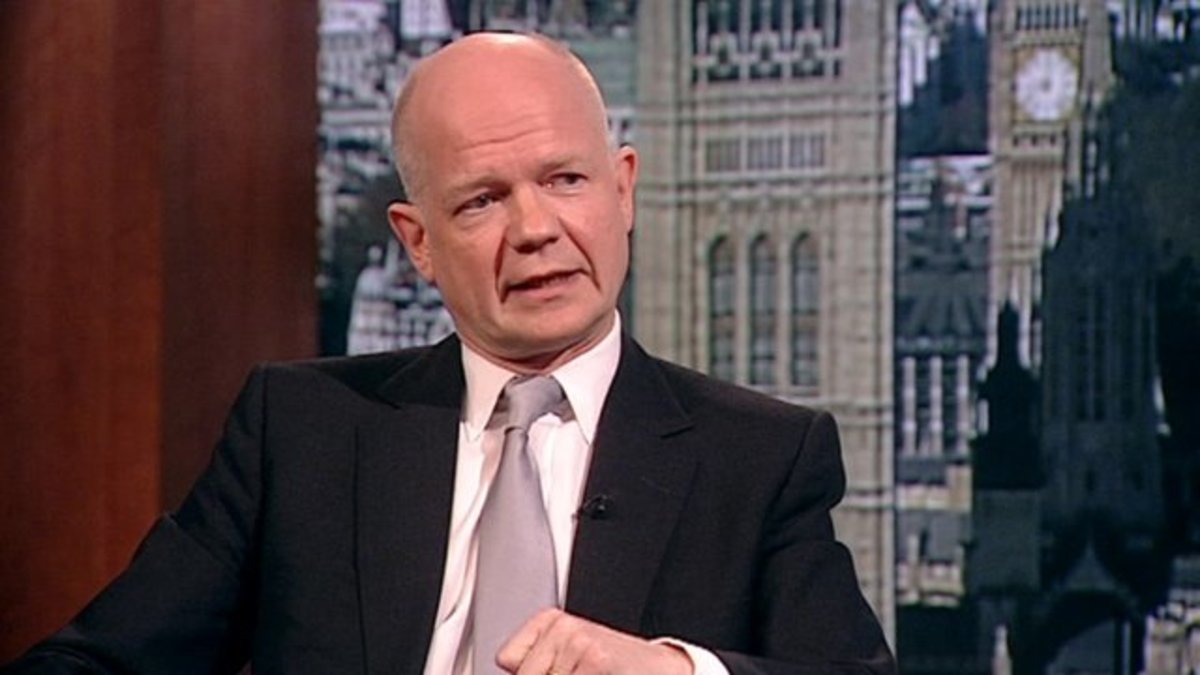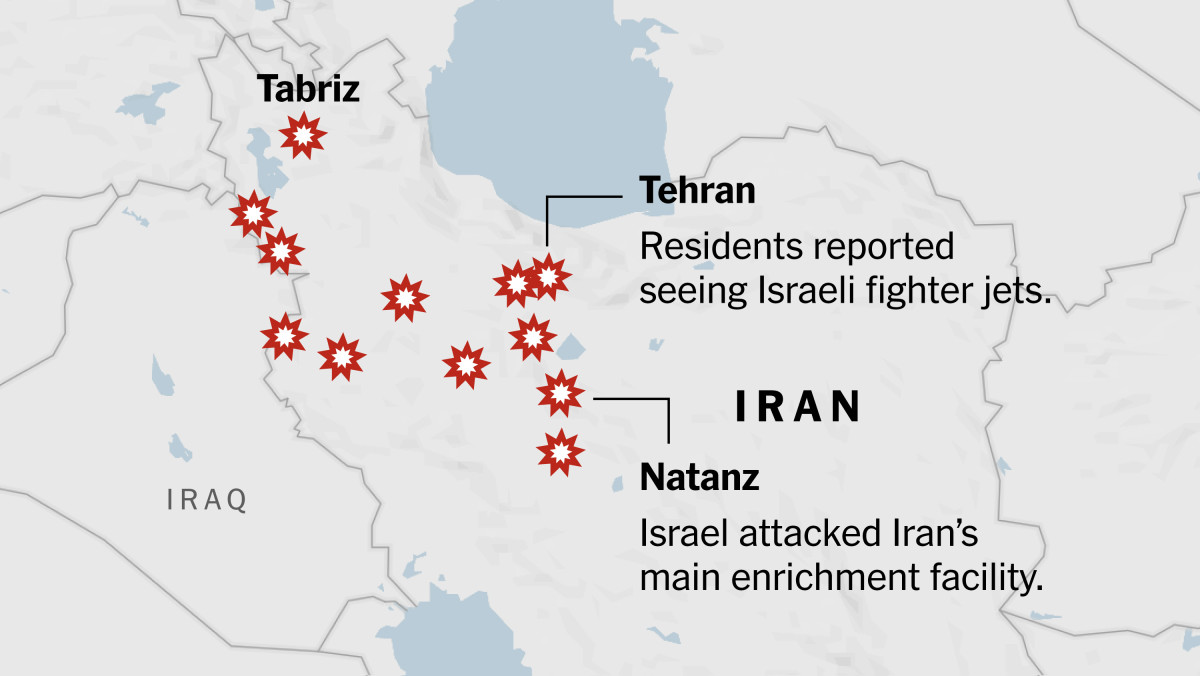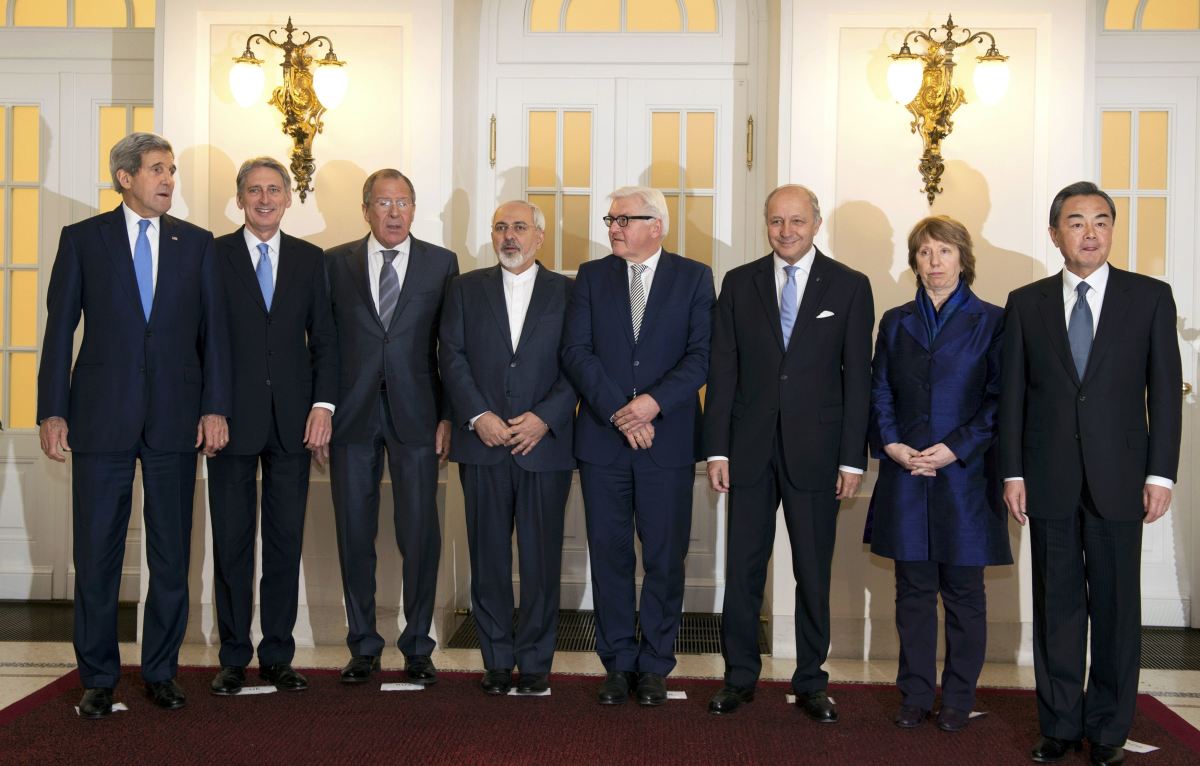The Theocracy and Pro-Western Youth of Iran
The following is my contest submission through the Pulitzer Center on the question, "How can US foreign policy be improved by the paradox that Iran is often viewed as America's most serious threat even though its youthful population is among the most pro-western Muslim countries?" Enjoy!
Despite the pro-western sentiments of Iran's youthful population, the fact remains that the ruling theocracy of Iran differs fundamentally on its opinion of those countries deemed "Western," particularly the United States. As has been vocalized by its current administration, America's policy concerning diplomatic relations with Iran, or the lack thereof, has been largely based upon the existence of a rigid theocracy that neither fosters the growth of democracy nor encourages voices of dissent within its strict interpretation of Islamic religious law, or Sharia. While a government based upon democratic ideals may very well be the desire for the average Iranian citizen, the increasingly stringent and religiously intolerant rule of Supreme Leader Ayatollah Khamenei and president Mahmoud Ahmadinejad will certainly exert opposition to this growing trend, however popular it may prove to be.
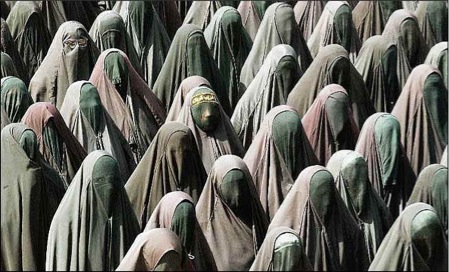
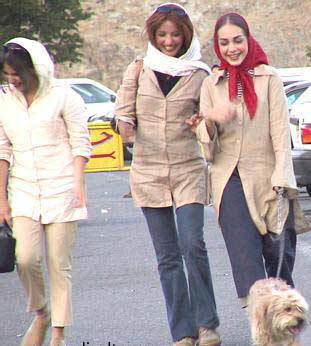
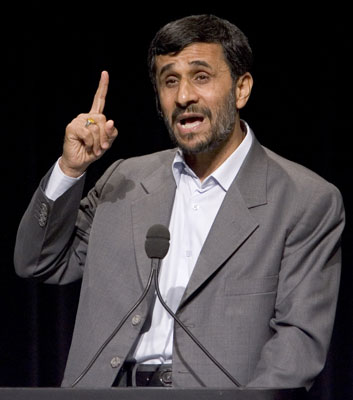
Sound and compassionate foreign policy begins at home, and in many ways, is dictated by current, majority perceptions surrounding the countries in question, however erroneous those perceptions may be. The unfortunate truth regarding the average American's outlook on Iran today is that it is largely based upon the controversial statements of Iran's president in regards to Israel and the Holocaust, and upon the Iran hostage crisis of 1979, an act that remains burned into the collective consciousness of the United States. However, the statements of Ahmadinejad and the storming of the American embassy in Tehran three decades ago do not accurately mirror the opinions and actions of the current majority within Iran; a majority that largely espouses Western notions of personal freedom and that continues to grow restless under the unswervingly rigid authority of its conservative government.
BBC News
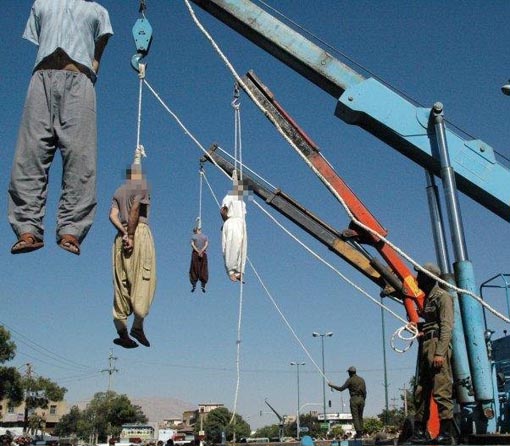
- Iran Connect
Iran Connect... a portal into Iranian culture, events, people, and opportunities!
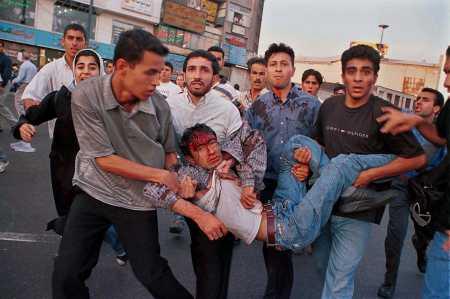
This paradox then, is at the heart of the problem facing America's current foreign policy on Iran; a policy that, although speaking a clear message to Iran's ruling theocracy, generates little optimism for those Iranian citizens hoping for change.
At the core of the solution to this problem, I believe, is a gradual shifting of public perceptions concerning exactly what Iran is. It is no great surprise that the American media has contributed to the current, negative outlook on Iran held by the average American, and that it is indeed largely the media which possesses the ability to change this outlook. For many Americans, Islam carries with it a negative stigma, as nightly news reports and headlines continually bombard the American public with images of Middle East violence. While these images certainly do reflect a horrific reality for several regions within the Arab world, they also carry with them the underlying message that there is something drastically wrong with that world, a message that far too many Americans are taking to heart.
Iran & the Youth of Iran
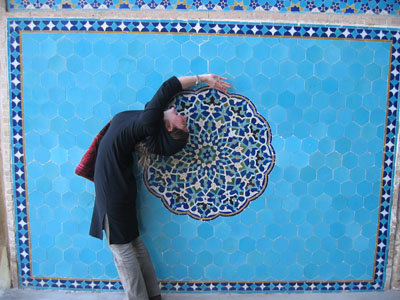
While America's foreign policy will likely not change while Ahmadinejad and Khamenei are in power, the American public can and should do all in its ability to contribute to lasting change in Iran. American support for the personal and religious freedom of the Iranian people can speak volumes to those Iranians displeased with the existing power structure of their country, and as is so often the case with successful and lasting reforms throughout history, that support should begin with education. It should come as no surprise to anyone subjected to current media patterns that the Middle East is at the forefront of worldwide attention, and for good reason. American involvement in Iraq, Iran's nuclear program and the enduring Arab-Israeli conflict are just some of the many distressing events troubling the Arab world today. But behind the headlines there lies another face to the Middle East, one of cultural vibrancy, intellectual influence, and hope for the future. While this side of the Middle East may not hold the interest of a human race strangely fascinated by violence, it will nevertheless be a positive step in the right direction towards bridging two very different worlds, and towards the beginning of a new cultural understanding between East and West.
CBS News
- Iran's Youth Push Islamic Limits
In Tehran, Signs That Religious Authorities Are Losing Control
